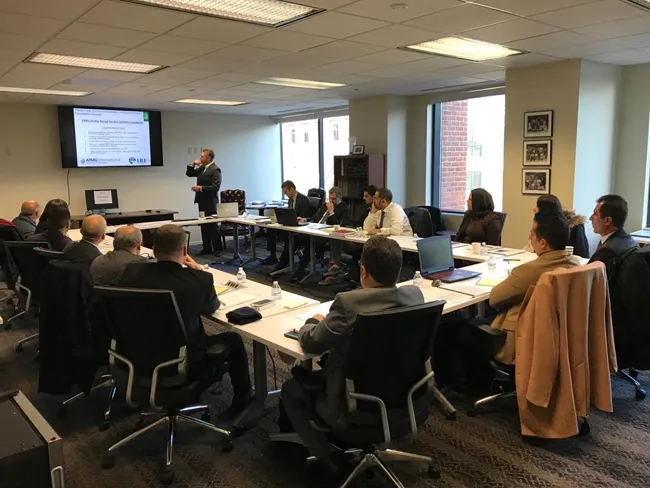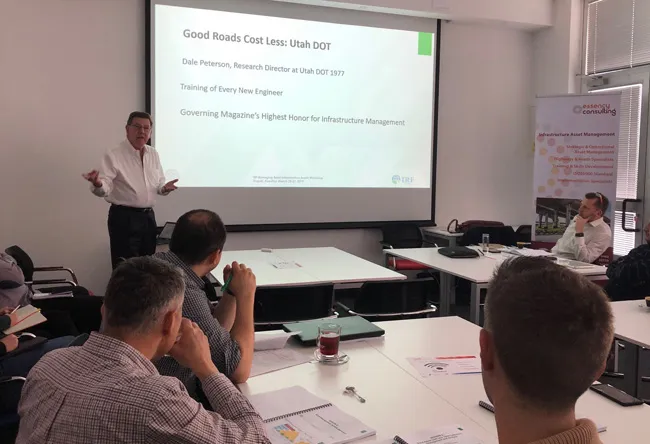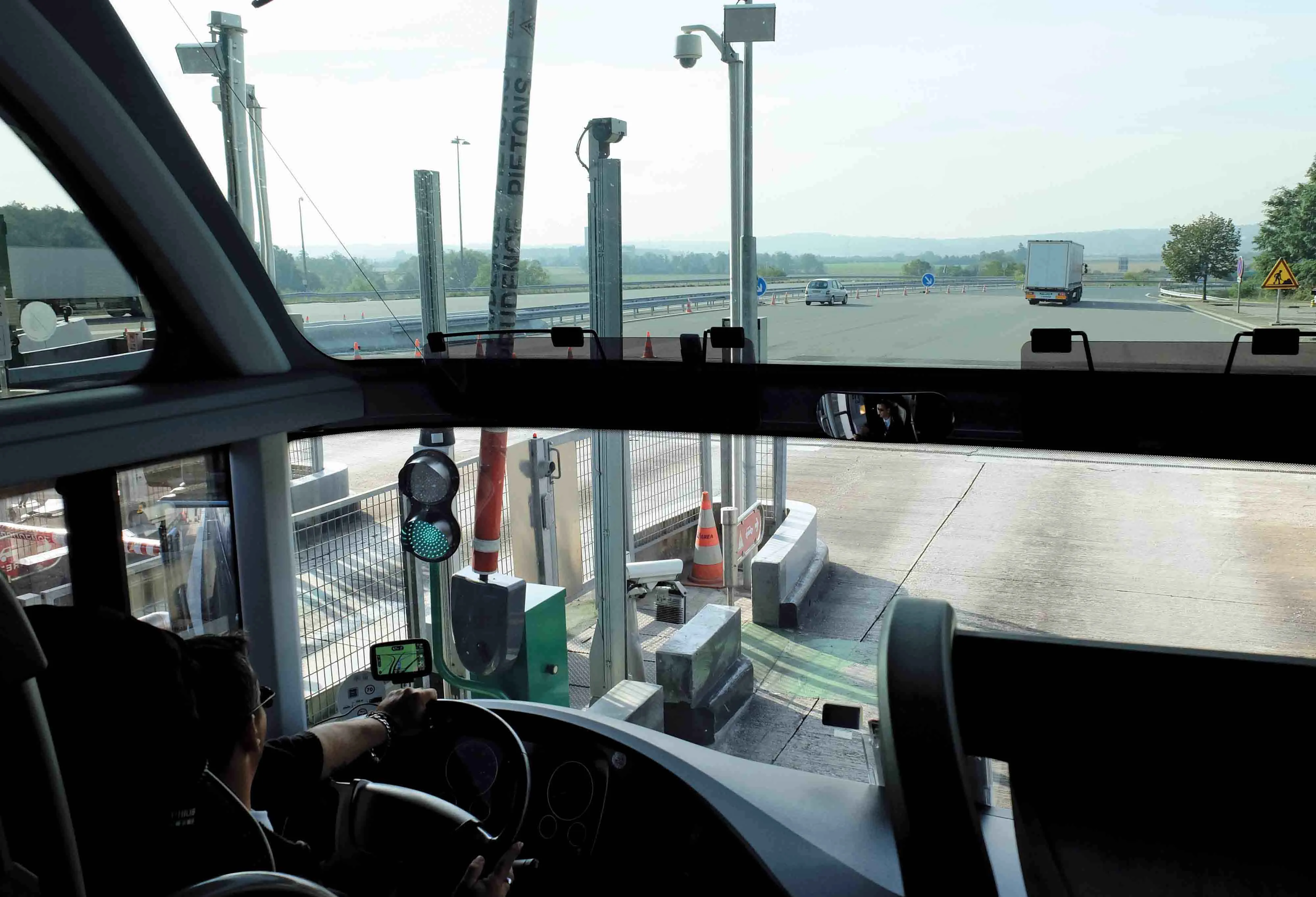“When procurement guidelines are not enforced with a high degree of professionalism, there is a much higher risk of sub-optimal delivery,” noted Eric Cook, co-chair of the IRF Committee on Alternative Financing & Procurement, who convened the stakeholders for a half-day seminar on the sidelines of the recent European Road Conference held in Dubrovnik, Croatia.
Participants agreed that the state of road project preparation, particularly in emerging countries, reflects chronic administrative weaknesses, and underscores insufficient efforts to learn from successful procurement practices. Many countries are ill-equipped to deal with the tendering complexities and delivery oversight mechanisms required for large-scale, multimodal transport infrastructure corridors. Moreover, technical skills and resources typically available to the Project Implementation Units vary to a considerable degree. It suggests that these public entities need to focus attention and assistance from International Financing Institutions (IFIs) in the years to come through mandatory certification programs as well as individual pathways to skills development.
The scale of the management and technical challenges required to implement large road corridor projects in emerging countries furthermore suggest a growing need to associate delivery partners to the planning and design phases of the project. This is common practice in many developed economies. Engineering, procurement and construction (EPC) or design-build (D/B) contracts offer a means to achieve this by giving the contractor a greater degree of responsibility for the entire value chain of the project from the early design stage to the formal handover of the final product to the end-user or owner.
A particular area of concern is the inconsistent identification and management of abnormally low tenders (ALT) by tendering authorities. Over the lifetime of the contract, there is a much higher risk that an ALT will lead to cover overruns, claims, and quality issues. In the case of high-value contracts, such as toll roads, the cost of such project delays may significantly outweigh any cost savings at the time of the contract award.
Mechanisms exist that would mitigate this risk, such as requiring tendering authorities benefiting from IFI funds to trigger an ALT self-assessment if the lowest bidder is priced 20% lower than the next runner-up. This would require companies participating in public tenders to demonstrate they do not benefit from illegal state aid (per applicable legislation) that would affect the price of their bid. Meanwhile, public watchdogs could be tasked with publishing ex-ante/ex-post data on public tenders comparing client’s cost estimate, tender price, contract price and final execution costs upon handover.
At a time when pressure on resources is increasing at an unsustainable pace, public procurement can also be a huge driver for innovation and resource efficiency, provided these are explicitly factored into the technical specifications and award criteria. Existing procurement guidelines may need to be adjusted to guide tendering authorities towards green procurement choices. Mechanisms such as life cycle costing and environmental product declarations offer a pathway that could be replicated on a global scale.
Lastly, chronic under-investment in the maintenance of existing road assets may reflect an insufficient understanding of value-based approaches to transport infrastructure assets. Deferred maintenance negatively impacts road asset performance but also depreciates its accounting value – an aspect rarely integrated in the public balance sheet of national economies. Life cycle cost should be preferred for long-term value creation. The value proposition of alternatives to new build must also be assessed more systematically.
Grow procurement and contract management skills with IRF
The IRF is launching a new cycle of training seminars specially designed to meet the educational needs of government officials in charge of surface transportation procurements and contracts. The course will be offered for the first time at theIRF Global Training Institute in Washington DC on June 3-7, 2019.
Learning Objectives:
• Develop a capital investment plan or project pipeline
• Prepare a project procurement plan
• Conduct financial analysis and Value for Money calculations
• Structure and manage a project tender
• Manage the contract during project implementation and construction
• Administer dispute resolution including claims valuations
• Proactively manage ethics and integrity in project delivery for participants and stakeholders
Find out more at %$Linker:
Highway Procurement: IRF Steps up to the plate to leverage long term value
Public procurement can be leveraged to deliver long-term value for money, and promote innovation and sustainability, according to a new White Paper published by the International Road Federation in consultation with key international specialists.
“When procurement guidelines are not enforced with a high degree of professionalism, there is a much higher risk of sub-optimal delivery,” noted Eric Cook, co-chair of the IRF Committee on Alternative Financing & Procurement, who convened the stakeholders for a h
May 15, 2019
Read time: 4 mins
Public procurement can be leveraged to deliver long-term value for money, and promote innovation and sustainability, according to a new White Paper published by the 8781 Washington-based IRF Global in consultation with key international specialists.









